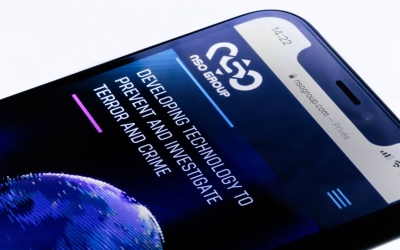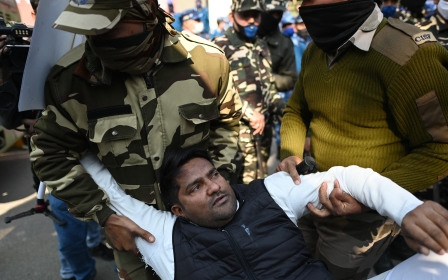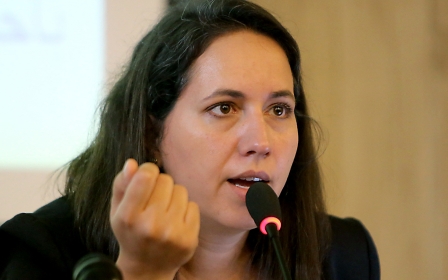Pegasus: FBI confirms it procured NSO's spyware, says report
The FBI has confirmed that it obtained NSO Group's Pegasus spyware, suggesting that it bought access to the Israeli firm's software to "stay abreast of emerging technologies and tradecraft", according to a report from the Guardian.
The bureau told the newspaper it had procured a "limited licence" to access Pegasus for "product testing and evaluation only", and suggested that its evaluation of the tool partly related to security concerns if the spyware fell into the "wrong hands".
It added that the FBI never used Pegasus in support of any FBI investigation.
"There was no operational use in support of any investigation. The FBI procured a limited licence for product testing and evaluation only," the FBI said.
Last week, the New York Times first reported that the FBI had procured the Israeli company's software. However, the statement to the Guardian represents a direct acknowledgement that it acquired Pegasus, one of the world’s most sophisticated hacking tools.
The NYT also reported that NSO offered the FBI a version of Pegasus in June 2019 and had created a product called Phantom that would be able to hack any number in the US. NSO has categorically denied that its Pegasus spyware can be used against US mobile phones.
The news also comes months after NSO was placed on a blacklist by the US Commerce Department, barring it from American technologies crucial to maintaining its operations.
The firm is at the heart of a global hacking scandal, as researchers say its Pegasus software has been used by a number of governments around the world to target political dissidents, journalists and activists.
Middle East Eye's Turkey bureau chief Ragip Soylu was revealed to have had his phone hacked by the spyware.
The spyware had also been used to target world leaders, with French President Emmanual Macron's phone having been compromised.
Once deployed, a user of Pegasus spyware can take complete control of a person’s phone, accessing messages, intercepting phone calls and using the phone as a remote listening device.
The FBI declined MEE's request for comment.
Concerns about data 'leakage'
A person with close knowledge of the FBI deal told the Guardian that an agreement was reached with the Israeli company after a "long process" of negotiations that included many disagreements.
One such point of contention regarded how much control NSO would retain over its software. The unnamed source said NSO usually kept sensors on its technology so that the company could be alerted in Israel if the technology was moved by a client.
'The FBI works diligently to stay abreast of emerging technologies and tradecraft'
- FBI statement
The FBI, however, did not want to allow NSO to track its physical location.
The source also claimed that the FBI did not want NSO's own engineers to install the technology and did not want to integrate the spyware into its own systems. The bureau was also concerned about possible "leakage" of any data to another foreign intelligence service.
The licence for Pegasus was ultimately acquired by the FBI using a financial "vehicle" that could not be easily traced back to the bureau, according to the source.
In the end, the source claimed, the FBI did not actually use Pegasus.
"They weren’t using it at all. Like, not even switching it on. But they kept paying for it, and they wanted to renew. It was a one-year test project and it cost about $5m and they renewed for another $4m," the source said.
The bureau previously told MEE in an email statement: "The FBI works diligently to stay abreast of emerging technologies and tradecraft - not just to explore a potential legal use but also to combat crime and to protect both the American people and our civil liberties.
"That means we routinely identify, evaluate, and test technical solutions and problems for a variety of reasons, including possible operational and security concerns they might pose in the wrong hands."
Middle East Eye delivers independent and unrivalled coverage and analysis of the Middle East, North Africa and beyond. To learn more about republishing this content and the associated fees, please fill out this form. More about MEE can be found here.





